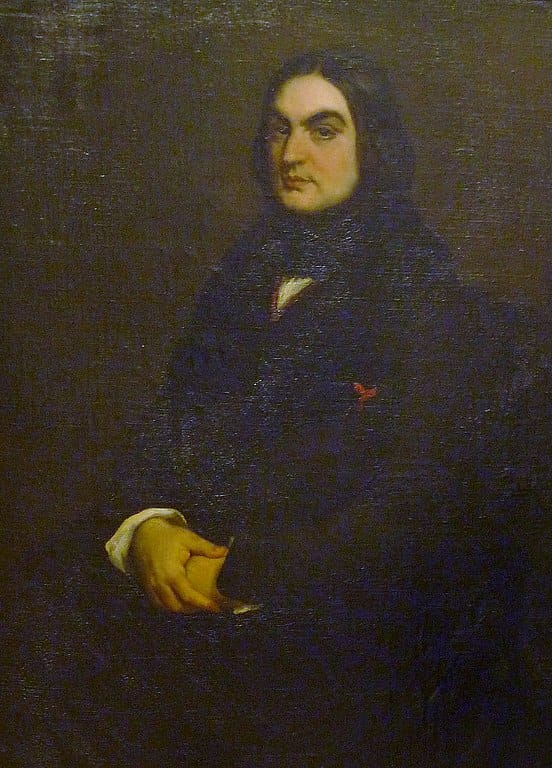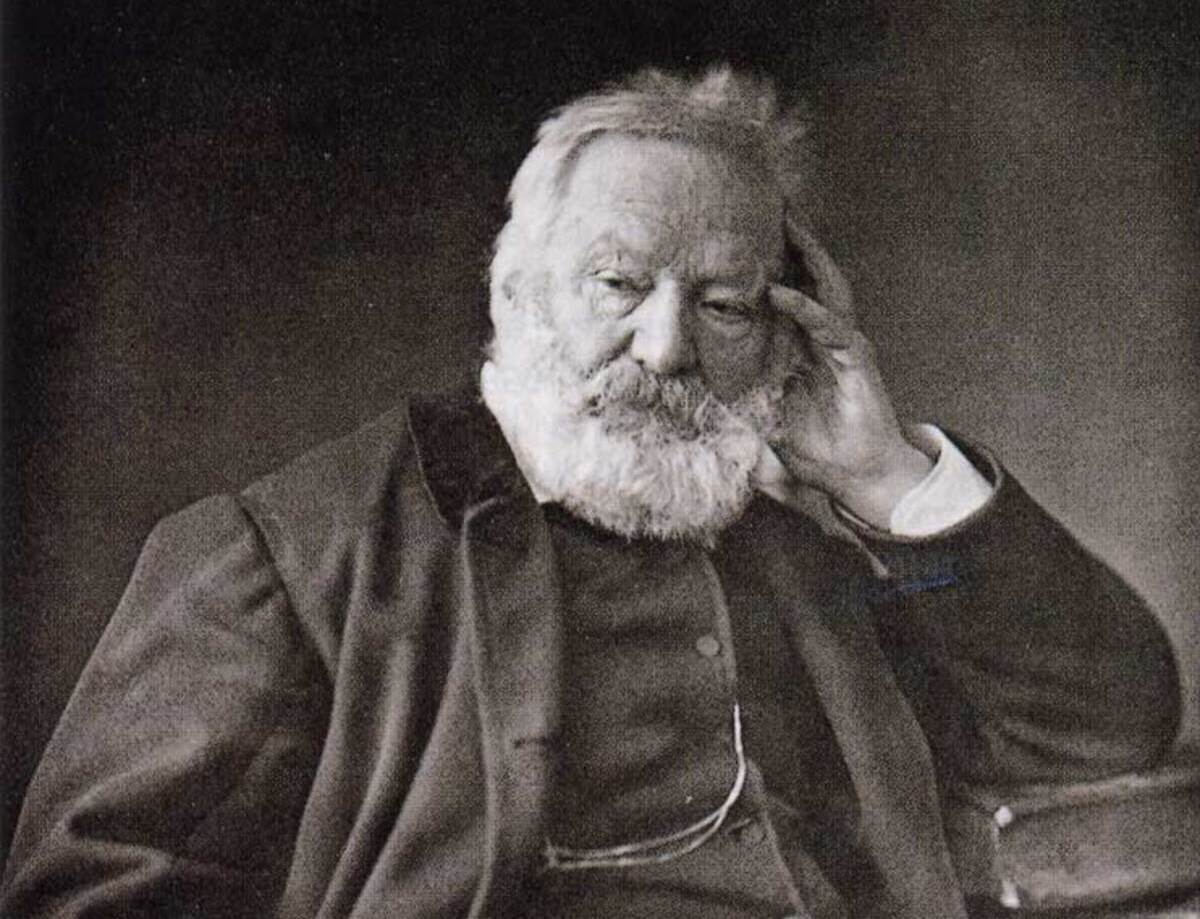There is a popular saying on the Internet about the power of a timely idea, the authorship of which is attributed to a French writer. We decided to check if he said anything like that.
The phrase about the power of an idea whose time has come, with an indication of the authorship of Victor Hugo, is found on portals with selections quotes And aphorisms, as well as on entertainment websites. Social media users share it (“VKontakte", X, Facebook*) And blogging platforms. No less popular And other version statements, also attributed to the French writer: "No army can compare with the power of an idea whose time has come." Modern authors of popular science books and publicists often include to their texts the quote in both versions is exactly like Hugo’s phrase.
Victor Hugo during my life I managed to write dozens works - from the novels “Notre Dame de Paris” and “Les Miserables” to essays and poems. However, in none of them “Checked” was it possible to find a parsed phrase or at least a statement in a similar formulation. There was nothing similar in the surviving and published letters Hugo, the quote is not mentioned on the websites of the writer’s house-museums in Paris, Luxembourg And Guernsey. The closest statement on a similar topic that can be found in the writer’s work is a quote from the essay “The story of a crime» about the coup d'etat, as a result of which French President Louis-Napoleon Bonaparte restored the empire and became Napoleon III. This text was written in hot pursuit - in 1852, and published only a quarter of a century later. In his essay, Hugo writes about revolutions this way: “We can resist the invasion of armies, but we cannot resist the invasion of ideas.” Nevertheless, this statement differs significantly from the one being analyzed both in wording and in meaning.
But a phrase much closer to what is being analyzed is found in article writer Emil Souvestre O Chouan revolt (supporters of the restoration of the monarchy after the French Revolution), published in the journal Revue des deux mondes in 1848: “Now in every human question there is something more powerful than strength, than courage, than genius itself: it is an idea whose time has come.” And in 1861, the French writer Gustave Aimard published the novel “Free shooters”, which contains a very similar statement: “The President of the Mexican Republic learned from his own experience that in every human question there is something more powerful than the brute force of bayonets: it is an idea whose time has come and the hour has struck.” Both of these phrases - both by Souvestre and by Aimard - were published long before “The History of a Crime” was published, so it cannot even be assumed that the authors could have been inspired by Hugo’s statement.

Quote Investigator portal specializing in quote research discovered, that the first phrase about an idea whose time had come was attributed to Hugo back in 1912 by the American politician Frederick Howe in an article about women's suffrage in the Kansas newspaper The Burr Oak Herald. Howe wrote: “Victor Hugo said that there is something stronger than an army, a navy, or all material forces; it's "an idea whose time has come." Despite the fact that this statement was undoubtedly closer to the versions of Souvestre and Aimard, neither the first nor the second are mentioned in the article (probably due to their much lesser fame compared to Hugo). After this, as noted in the analysis by Quote Investigator, the media began to attribute the quote to the author of Notre Dame and Les Miserables very often—researchers found dozens of examples in articles from the first half of the 20th century alone.
Thus, in a relatively obscure essay by Victor Hugo, there is indeed a quote about the power of ideas, but it differs significantly from the phrase usually attributed to him. The formulations that were much closer to the one being analyzed were contained in the works of the French writers Emile Souvestre and Gustave Aimard, and they were published long before Hugo’s “The Story of a Crime,” where he mentions the power of ideas that cannot be resisted. Nevertheless, at the beginning of the 20th century, in the American media, statements about an idea whose time had come were widely attributed, probably by mistake, to Hugo. And no one remembered about Souvestre and Emar, whose quotes were much more similar to the popular phrase, as now: at least “Verified” could not find examples in the Russian-language segment of the Internet where one of these writers was named as the author of the aphorism.
*Russian authorities think Meta Platforms Inc., which owns the social networks Facebook and Instagram, is an extremist organization; its activities in Russia are prohibited.
Cover photo: Nadar (Gaspard-Félix Tournachon), Public domain, via Wikimedia Commons
Read on the topic:
- Quote Investigator. Quote Origin: Nothing Is More Powerful Than an Idea Whose Time Has Come
- Is it true that Victor Hugo took part in the shortest correspondence in history?
If you find a spelling or grammatical error, please let us know by highlighting the error text and clicking Ctrl+Enter.






